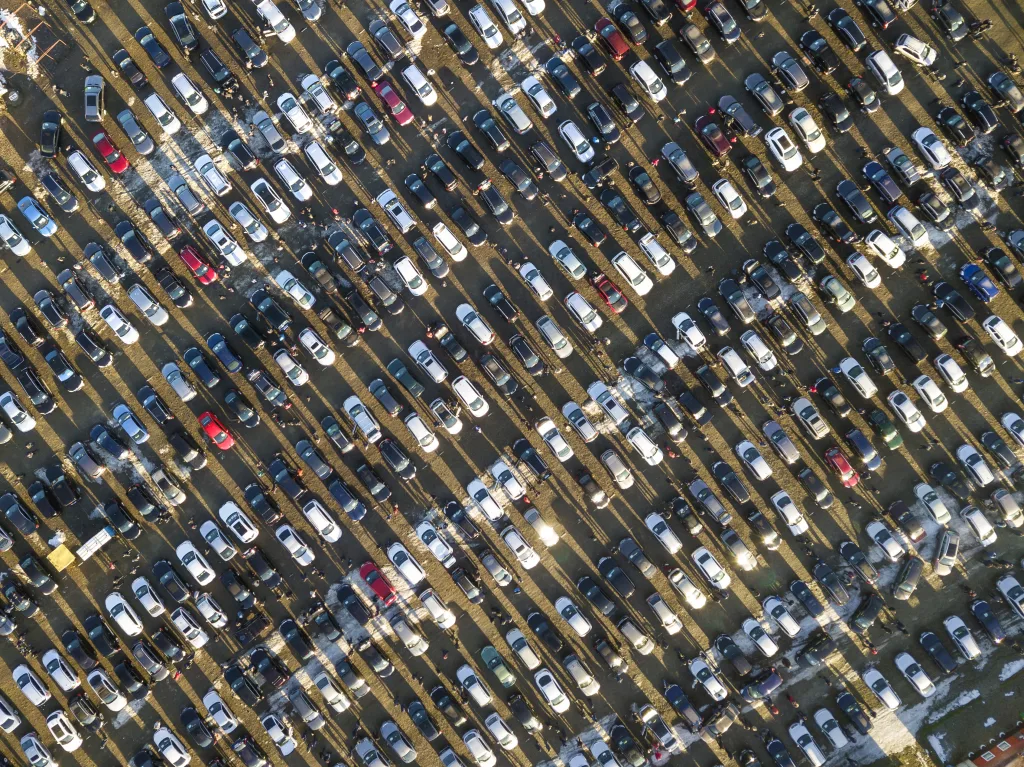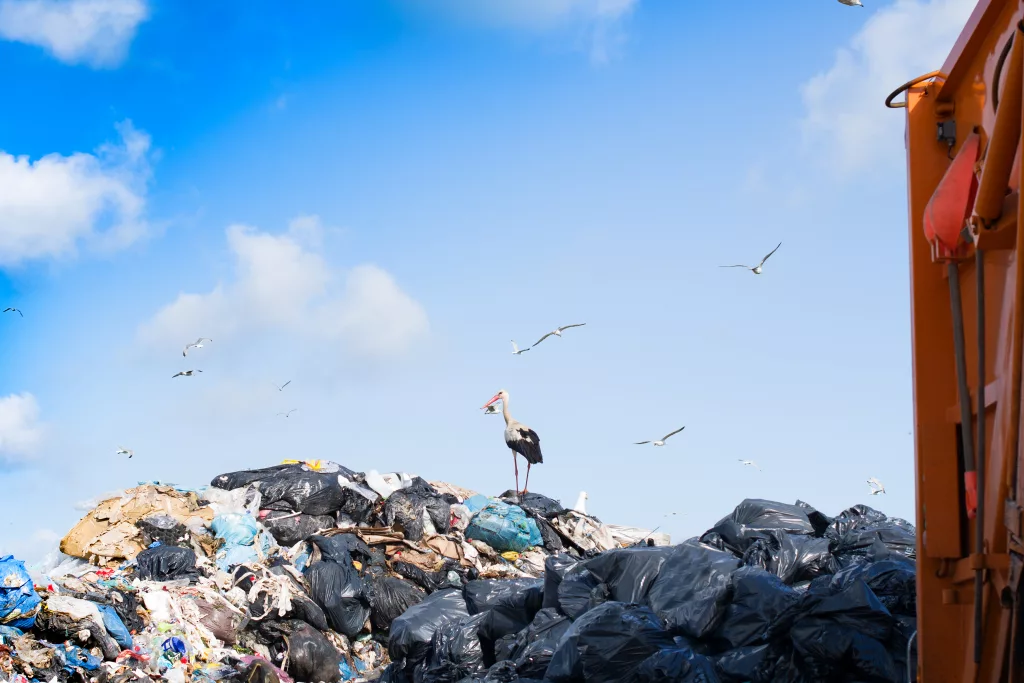In our consumer-driven society, it’s easy to get caught up in the cycle of buying and accumulating stuff. However, the consequences of our collective overconsumption are far-reaching and often hidden from view.

Here are ten eye-opening facts about overconsumption that might make you pause before your next purchase:
The average American throws away 81.5 pounds of clothing each year
This staggering amount of textile waste not only contributes to overflowing landfills but also represents a significant waste of resources used in producing these garments. Fast fashion has accelerated this trend, with clothes often being discarded after just a few wears.
We use 1 million plastic bags every minute worldwide
Plastic bags are used for an average of just 12 minutes before being discarded, yet they can take up to 1,000 years to decompose. This single-use mentality is a prime example of overconsumption’s environmental impact.
The world produces 300 million tons of plastic each year
Half of this is for single-use purposes. Plastic production not only uses valuable resources but also contributes significantly to pollution and wildlife endangerment.

40% of food in the United States goes uneaten
This wastage occurs at all stages of the food supply chain, from farms to retail to households. It represents not just a waste of food but also of the water, energy, and labour used to produce it.
The average U.S. household has 300,000 items
This statistic highlights how our homes have become storage units for things we rarely use. It’s a clear indicator of how overconsumption has led to clutter and excess in our personal lives.
We buy 5x as many clothes now as we did in the 1980s
The rise of fast fashion has made clothing cheaper and more disposable, leading to increased consumption and waste. This trend has significant environmental and social costs.
E-waste is the fastest-growing waste stream in the world
As we constantly upgrade our electronic devices, we’re creating mountains of electronic waste. Much of this e-waste contains toxic materials and is challenging to recycle.
The average car is parked 95% of the time
This is a enlightening stat that highlights how we often overconsume even big-ticket items like cars, which sit idle most of the time yet require significant resources to produce.

1/3 of the world’s food is wasted while 815 million people go hungry
This stark contrast emphasizes the inequalities perpetuated by overconsumption and inefficient distribution of resources.
If everyone lived like the average American, we would need 5 Earths to sustain our lifestyle
This sobering fact underscores the unsustainability of our current consumption patterns, especially in developed countries.
These facts paint a clear picture of the consequences of our overconsumption. They highlight not just environmental impacts, but also social inequalities and personal implications. By being more mindful of our purchasing decisions, we can start to address these issues.
Consider embracing practices like minimalism, buying second-hand, repairing items instead of replacing them, and focusing on experiences rather than material possessions. Remember, every purchase is a vote for the kind of world we want to live in. By consuming less and more consciously, we can work towards a more sustainable and equitable future for all.
Bank & Vogue is your trusted secondhand broker aiming to create a more sustainable and circular economy. From credential clothing to mixed rags, we have innovative solutions for the crisis of “stuff”.
To learn more click here.







